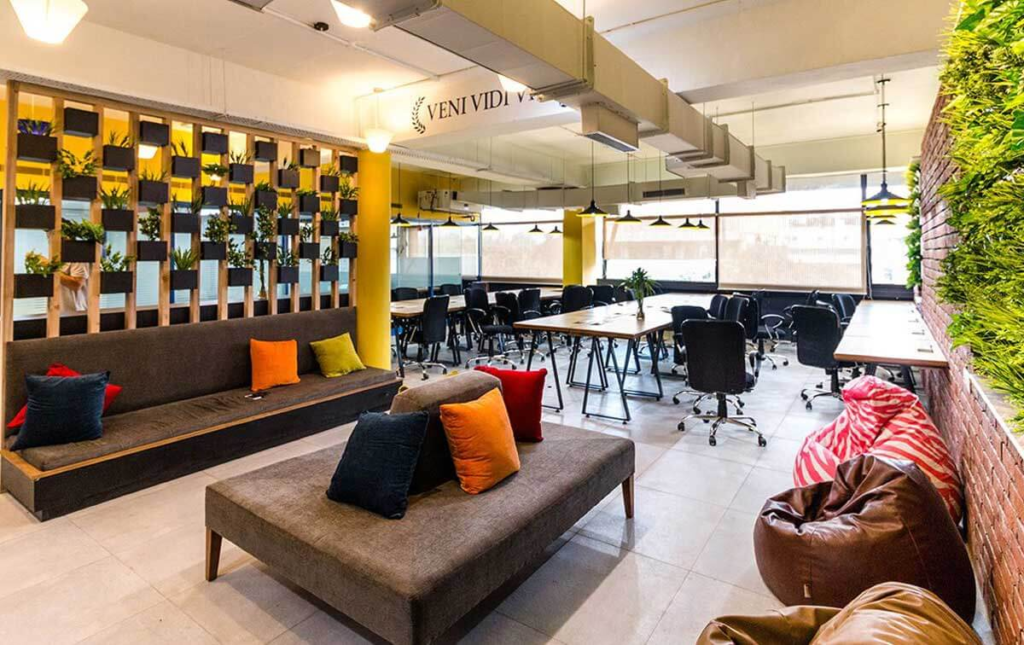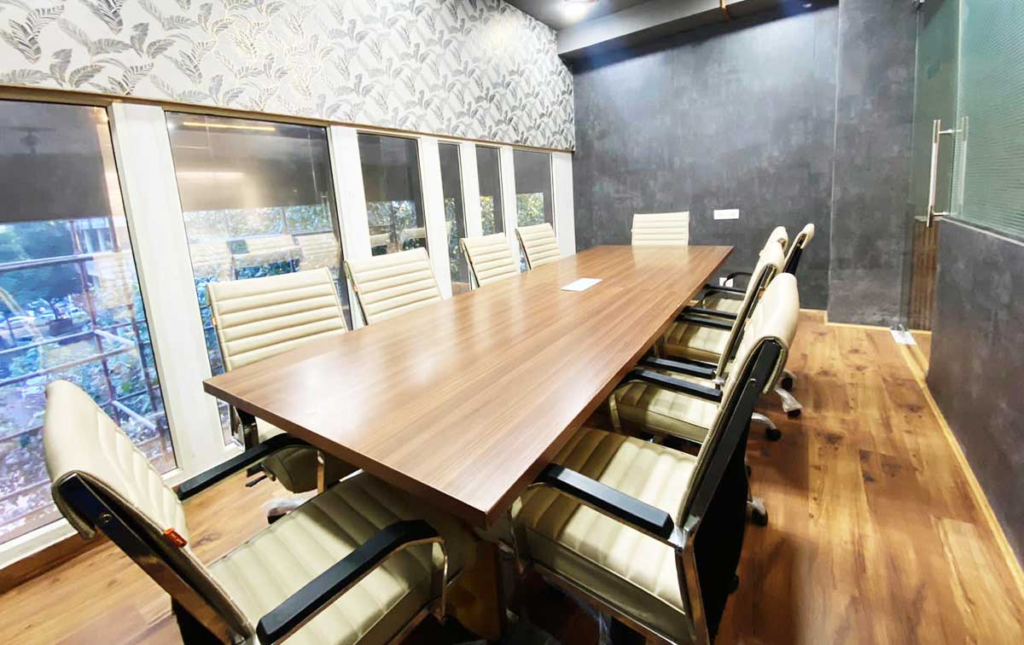In recent years, the landscape of work has undergone a profound transformation. Traditional office setups are gradually giving way to more flexible and collaborative environments, fueled by technological advancements, changing attitudes towards work-life balance, and the rise of remote work. In this dynamic scenario, coworking spaces have emerged as a beacon of innovation, providing a flexible and conducive work environment for individuals and businesses alike. In this blog post, we will explore how coworking spaces are adapt to changing trends in the world of work and shaping the future of workspaces.

Embracing Remote Work Culture
With the advent of digital technologies and the increasing demand for flexibility, remote work has become more prevalent than ever before. Coworking spaces recognize this shift and have positioned themselves as ideal hubs for remote workers, freelancers, and digital nomads. By offering a blend of amenities such as high-speed internet, ergonomic workstations, and communal areas for collaboration, coworking spaces cater to the needs of remote workers who seek a productive yet social work environment.
Flexibility and Scalability
One of the key advantages of coworking spaces is their flexibility and scalability. Unlike traditional office leases that often entail long-term commitments and fixed costs, coworking spaces offer flexible membership options, allowing individuals and businesses to scale their workspace requirements according to their changing needs. Whether it’s a solo entrepreneur looking for a hot desk or a growing startup in need of a private office, coworking spaces provide customizable solutions that can adapt to varying work dynamics.
Fostering Collaboration and Community
In an era where connectivity is paramount, coworking spaces serve as vibrant communities where like-minded individuals can connect, collaborate, and exchange ideas. Through networking events, workshops, and social gatherings, coworking spaces foster a sense of belonging and camaraderie among their members, creating opportunities for collaboration and knowledge sharing. By nurturing a supportive ecosystem, coworking spaces not only enhance the productivity of their members but also stimulate creativity and innovation.

Wellness and Work-Life Integration
As the boundaries between work and personal life continue to blur, there is a growing emphasis on wellness and work-life integration in the modern workplace. Coworking spaces recognize the importance of holistic well-being and offer amenities such as onsite gyms, meditation rooms, and wellness programs to support the physical and mental health of their members. By promoting a healthy work-life balance, coworking spaces contribute to the overall satisfaction and productivity of their occupants.
Sustainability and Eco-Friendly Practices
With increasing awareness of environmental issues, sustainability has become a top priority for businesses across the globe. Coworking spaces are no exception, with many operators implementing eco-friendly practices such as energy-efficient lighting, recycling programs, and sustainable building materials. By reducing their carbon footprint and promoting sustainable living, coworking spaces appeal to environmentally conscious individuals and businesses who prioritize sustainability in their choice of workspace.
Technology Integration and Smart Workspaces
Coworking spaces adapt to changing trends, In an increasingly digitized world, technology plays a pivotal role in shaping the future of workspaces. Coworking spaces leverage cutting-edge technologies such as IoT (Internet of Things), cloud computing, and smart building systems to create efficient and intuitive work environments. From automated access control to seamless digital collaboration tools, technology integration enhances the productivity and convenience of coworking spaces, providing members with a seamless work experience.

Conclusion
As we navigate the complexities of the modern work landscape, coworking spaces stand out as agile and adaptive solutions that cater to the evolving needs of individuals and businesses. By embracing remote work culture, fostering collaboration and community, promoting wellness and sustainability, and leveraging technology, coworking spaces are at the forefront of shaping the future of workspaces. As we embrace this new era of work, coworking spaces will continue to play a pivotal role in driving innovation, creativity, and productivity in the workplace.

